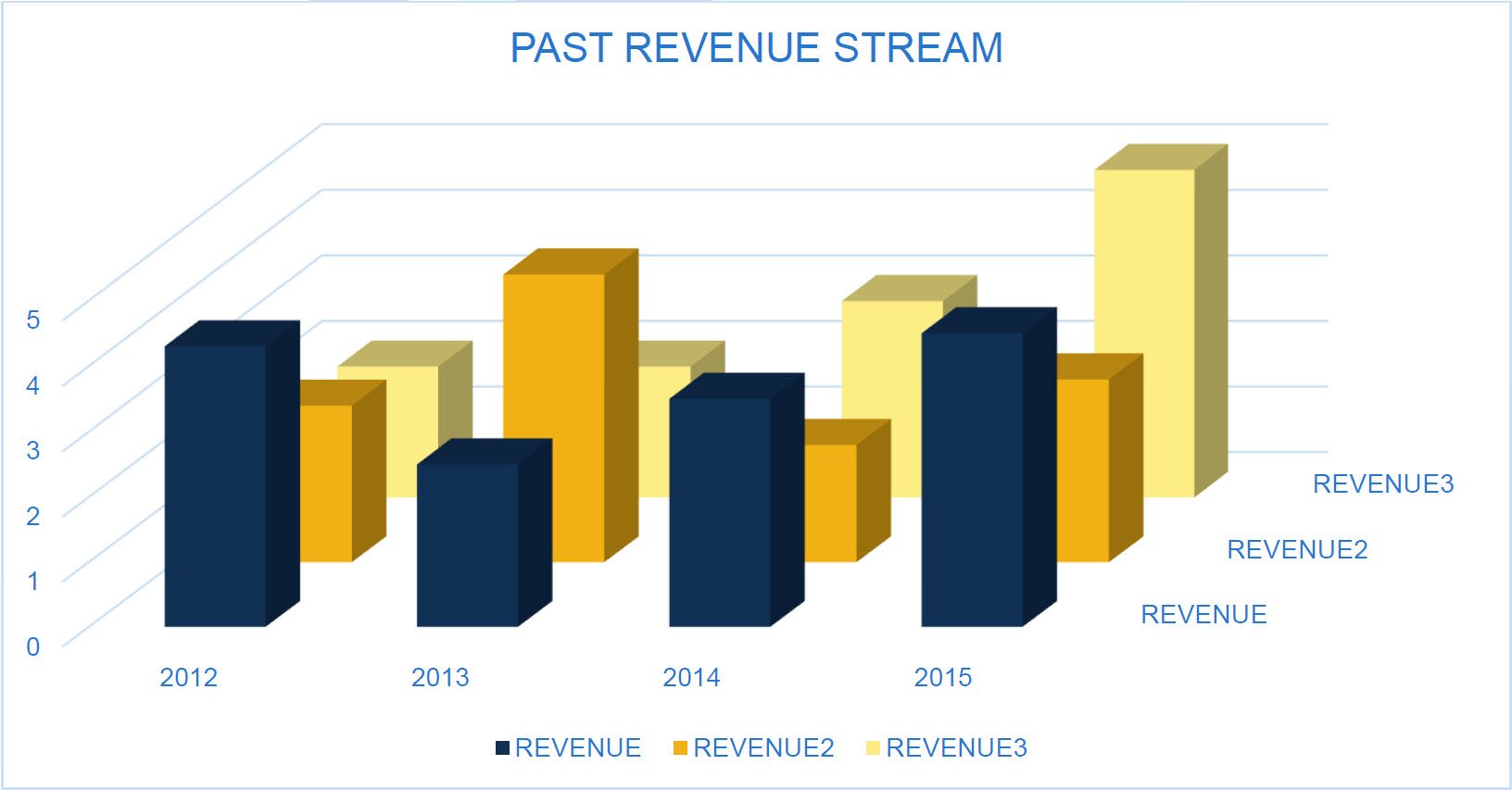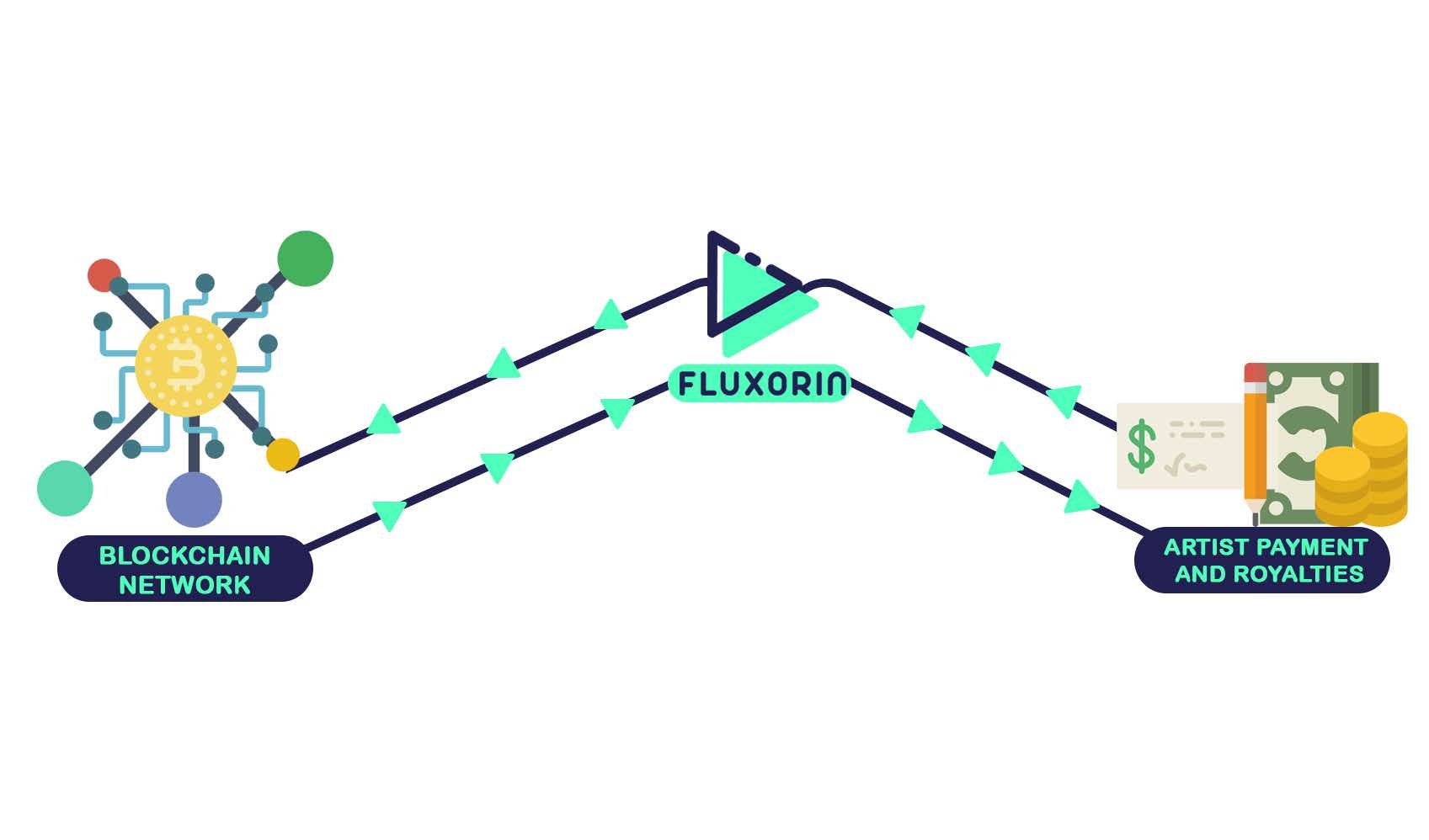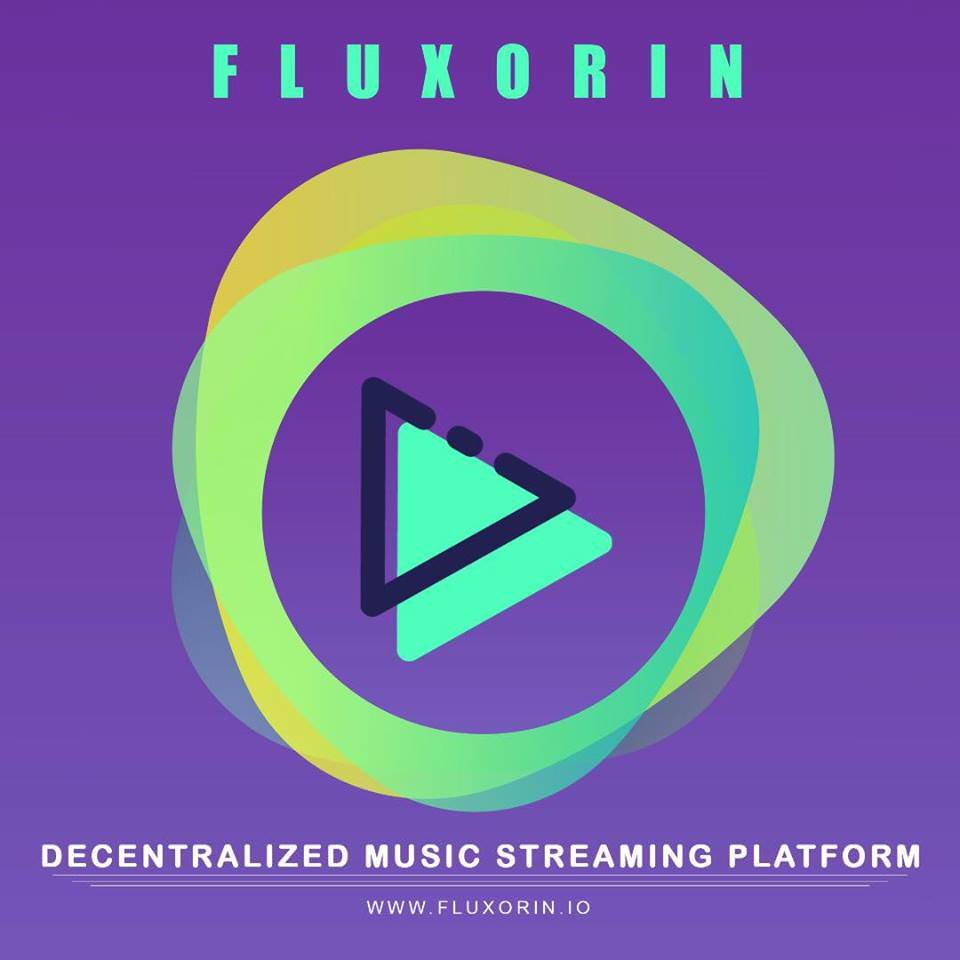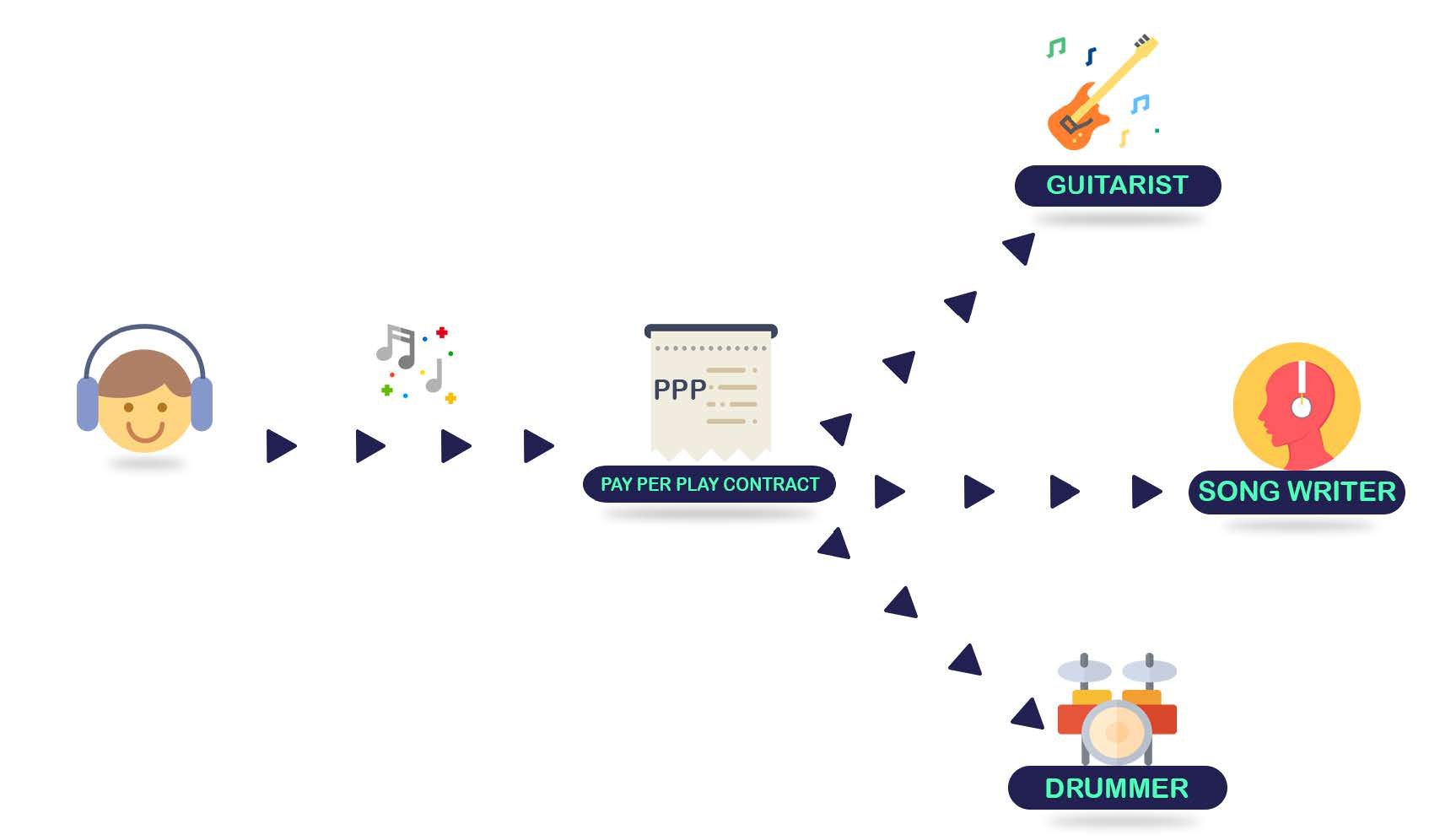The inspirational Bob Marley once said, “One good thing about music, is that when it hits you, you feel no pain.” But in our current state of being in a digital age, it is the music and the people who create this music that seem to be feeling all the pain.

As the digital age encroaches on our lives, consumers are demanding the music industry to keep up with these changes, which in turn, has led to financially devastating consequences for this industry.
The music industry as we know it today was formed in the first half of 20th century with the advent of the music recording technology. At the time it was a very arduous and expensive process. And the product was a recorded copy of the music performance. Most of the risks at that time were shouldered by the record labels and publishers which is reflected in the current laws. The current system is riddled with legacy approach, and over the years has become a tangled mess, with authors and performers complaining about the "lack of transparency". The revenues streams generated by companies like Pandora, Spotify, Deezer, Apple, YouTube grow year by year up 39% in 2015 from the previous year.

Those money are paid to the rights holders, but very little of the revenues made to record labels, music publishers and collection organizations are not making it to the authors and performers bank accounts.
The Problem
One of the main reasons is that a lot of the rights holding organizations appear as a "black box" to the outsiders, and without the ability to identify the contributors to the music recording and how they should get paid those royalties are kept in perpetuity. Services and PROs are also usually unable to identify the recipients for the royalty payments, so the money are placed in escrow, and eventually that money is distributed between labels and publishers based on their market share. Since the labels and publishers do not have any knowledge to find the rightful recipients for those payments they are not shared with any composers and performers.

What is FLUXORIN
A decentralized system for the publication and consumption of music, which combines a cutting-edge crypto currency and provides with a very important mission to unlock the potential of human creativity by giving millions of artistes the opportunity to live off their art and billions of fans the opportunity to enjoy and be inspired by it.
FLUXORIN allows musicians to license their content as a “programmed contract” directly to a decentralized database called “blockchain”. These contracts automate the collection and distribution of royalty payments and remain in the control of the artists themselves.
Listeners can access a global catalogue of music stored on a network and pay artists directly using FLUXORIN digital currency, based on their usages.
Ease-of-use tools can be designed to allow a seamless experience for both listeners and musicians, and an open protocol will allow third-parties to build a rich ecosystem of value-added software and services.
Ease-of-use tools can be designed to allow a seamless experience for both listeners and musicians, and an open protocol will allow third-parties to build a rich ecosystem of value-added software and services.

Inside FLUXORIN
With the low operational costs, and the help of the smart contracts all of the people and organizations that participated in the creation of the music piece, would be able to set the percentages of the ownership, and thus the part of the revenue stream generated by the track. Naturally that extra money would make it into the pockets of the artists, instead of being inefficiently wasted on who knows what. And some could be even shared with the loyal fans, which help with marketing and distribution by sharing their favourite music with their friends.
The usage of peer to peer storage and delivery technologies, would allow the music in question be published and distributed in much higher quality by sharing playlist with friends on the network while keeping the costs down. They are the protocols of the future Internet.
We need a new model that re-structures the entire process, from creation, to consumption, to compensation, and to more creation. The model we propose here is based on the theory of Sharism, which emphasizes a tight coupling between sharing and rewarding making sure that everyone is rewarded. In Sharism Model, each playback represents an exchange between the musician and the listener. The listener sends a payment to the musician, and in exchange is granted access to a specific work. This model requires a payment mechanism that is fast, has a low transactions cost, and works across borders. Same wise, almost all traditional licenses and terms can be executed after sharing, if we can make Sharism model works everywhere. Fortunately, with the rise of digital currencies and blockchain technology, such a system is already possible.
To support the Sharism Model, we need to create a digital ledger specifically tied to music consumption to close the loop. We call the ledger FLUXORIN for easy understanding.
In this design, for every playback, a digital coin is sent directly from the listener’s account to a “little program” (“smart contract”) that lives on the blockchain. This little program actually helps enforce a “Pay per Play” license (PPP). So whenever a song is shared to a listener, the little program will help execute the license terms to charge corresponding amount in tokens which is sent to the owner of the license. Under this, every playback will count. With PPP license, blockchain can also distribute the payment to several beneficiaries within seconds for example; a band may release a license that pays 50% to the songwriter, 25% to the singer, and 25% to the guitarist. Critically, the ways in which the funds are distributed are controlled entirely by the musicians and no intermediary is required to facilitate the payment other than the blockchain.

Illustration of the payment flow, which users send payment along with a request to play a particular work and in return are granted access. Specifically, granting access means providing a key that can decrypt an encrypted audio file that is stored on a distributed file system.
FLUXORIN Features
- Transparency
- Use of DLA which helps in the distribution
- Low operational cost
- Proper allocation of royalties
- Use of P2P file sharing and delivery networks
- Employing the sharism model

Finally
By providing a distributed and highly transparent platform that connects musicians and listeners directly, FLUXORIN lays the groundwork for a new age of music that is sustainable, borderless, and fair to all stakeholders.
FLUXORIN envision a future where artists cross genres and cultural boundaries, creating ideas that propel the society forward, where fans can discover something they never would have otherwise, where we are all part of a global network, building new connections, sharing new ideas across cultures.
✅Website: https://www.fluxorin.io/
✅Whitepaper: https://www.fluxorin.io/wp-content/uploads/2018/05/FLUXORIN.pdf
✅Twitter: https://twitter.com/fluxorin_io
✅Facebook: https://web.facebook.com/fluxorin.io/
✅Reddit : https://www.reddit.com/user/FLUXORIN
✅Telegram Group: https://t.me/FluxorinICO
✅Bitcointalk ANN: https://bitcointalk.org/index.php?topic=4361686.0
✅Whitepaper: https://www.fluxorin.io/wp-content/uploads/2018/05/FLUXORIN.pdf
✅Twitter: https://twitter.com/fluxorin_io
✅Facebook: https://web.facebook.com/fluxorin.io/
✅Reddit : https://www.reddit.com/user/FLUXORIN
✅Telegram Group: https://t.me/FluxorinICO
✅Bitcointalk ANN: https://bitcointalk.org/index.php?topic=4361686.0
Author of article:
✅Bitcointalk username: Erik_Smuel
✅Bitcointalk profile link: https://bitcointalk.org/index.php?action=profile;u=2020517
✅Bitcointalk username: Erik_Smuel
✅Bitcointalk profile link: https://bitcointalk.org/index.php?action=profile;u=2020517
No comments:
Post a Comment